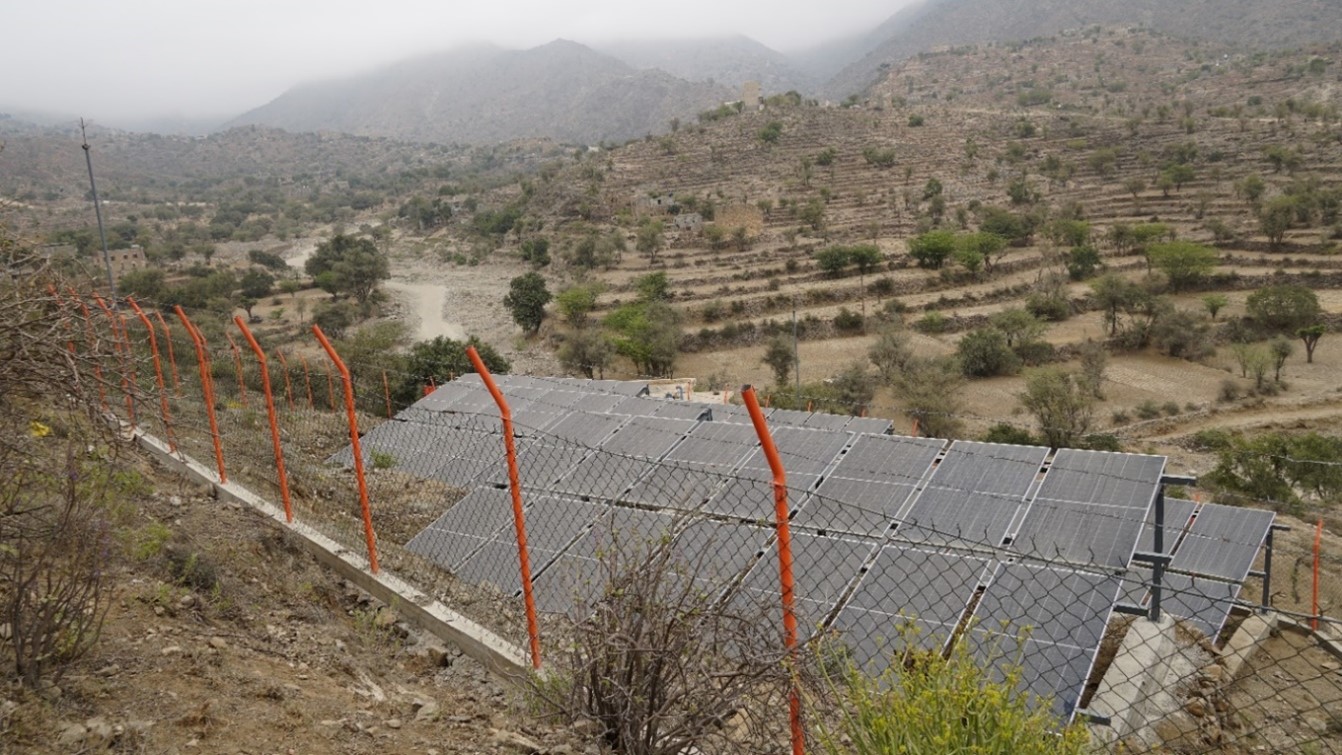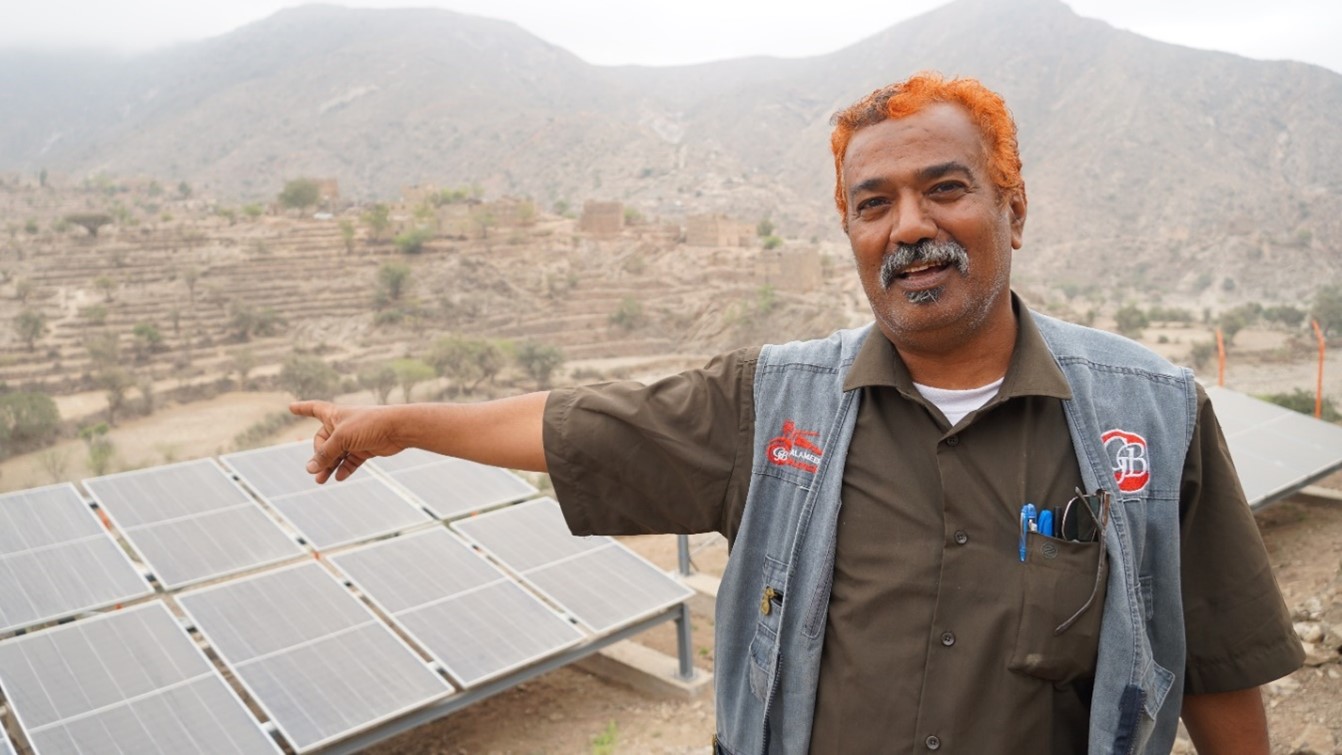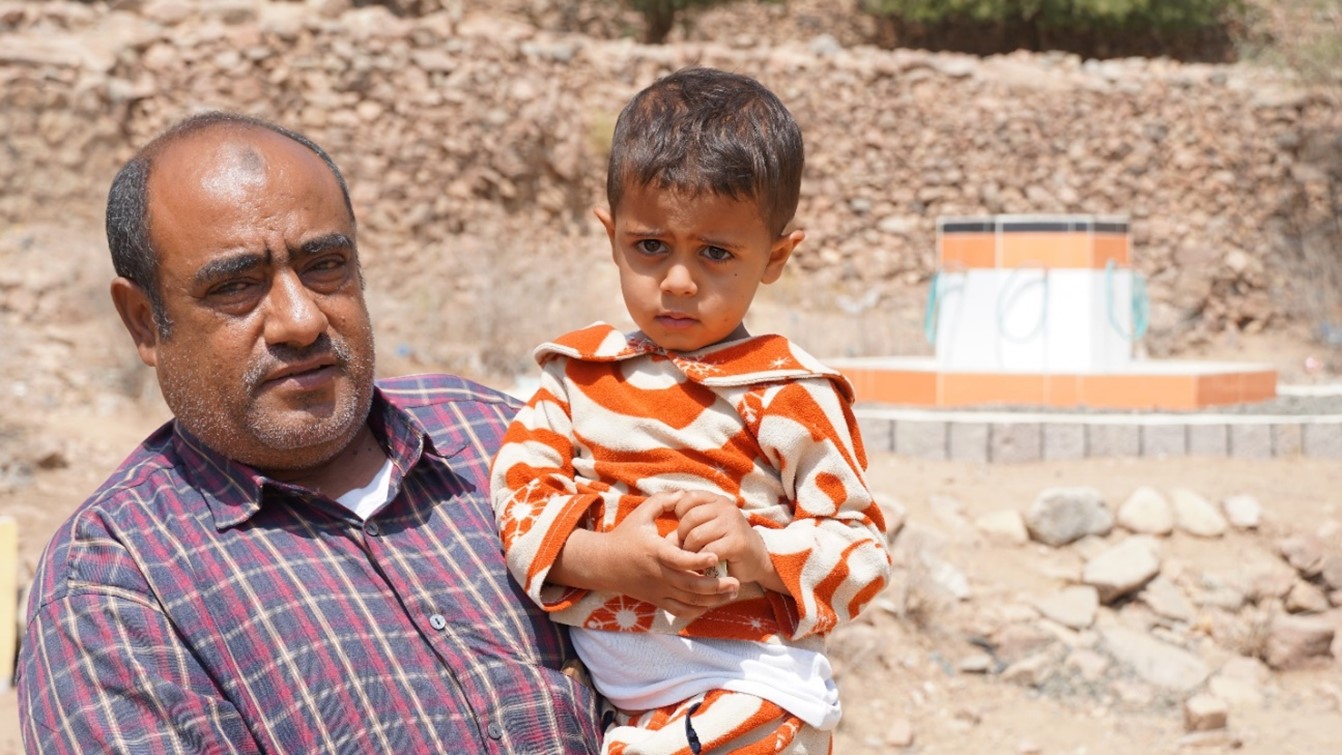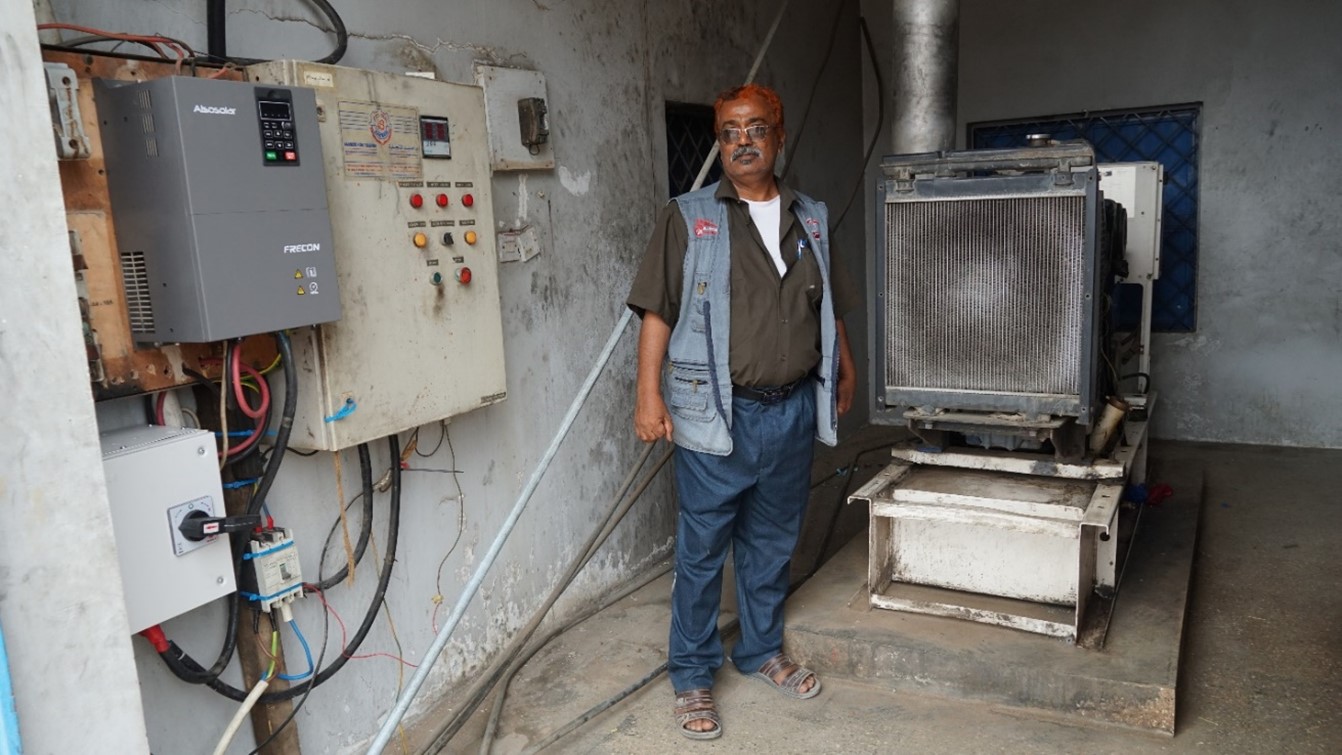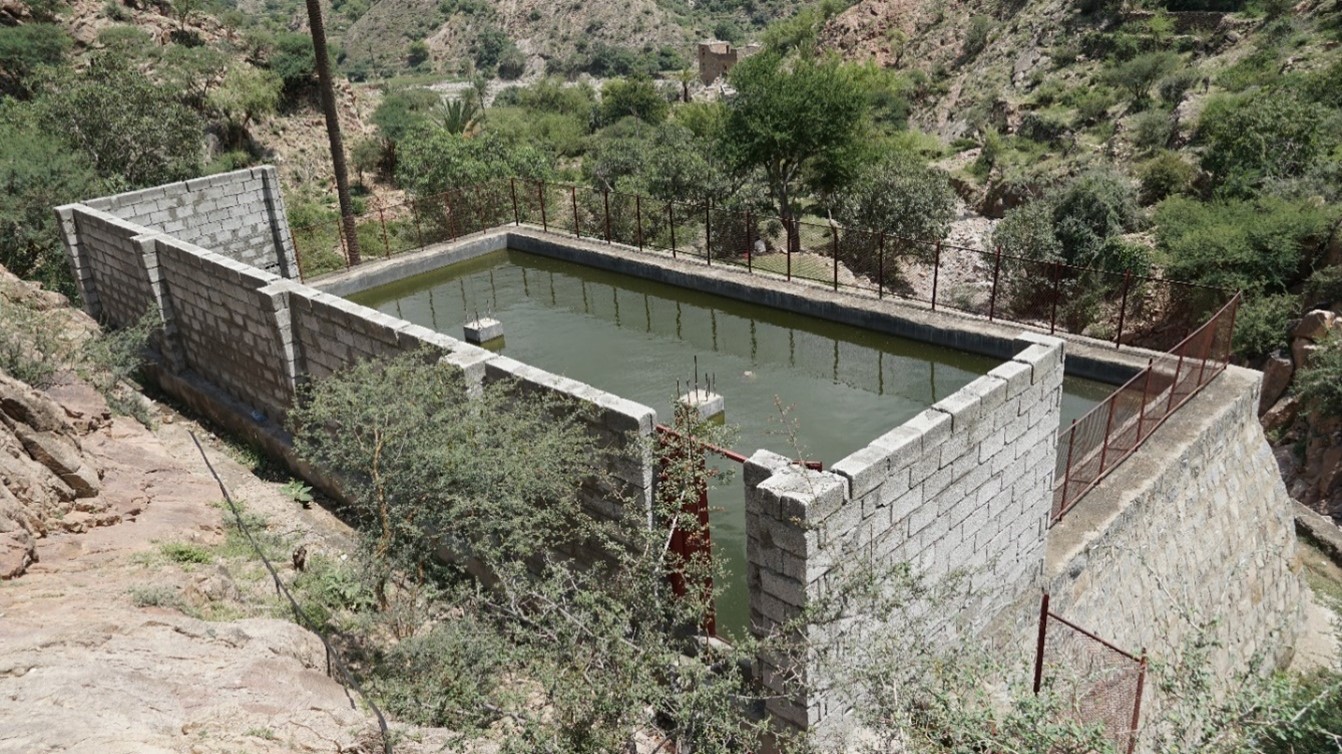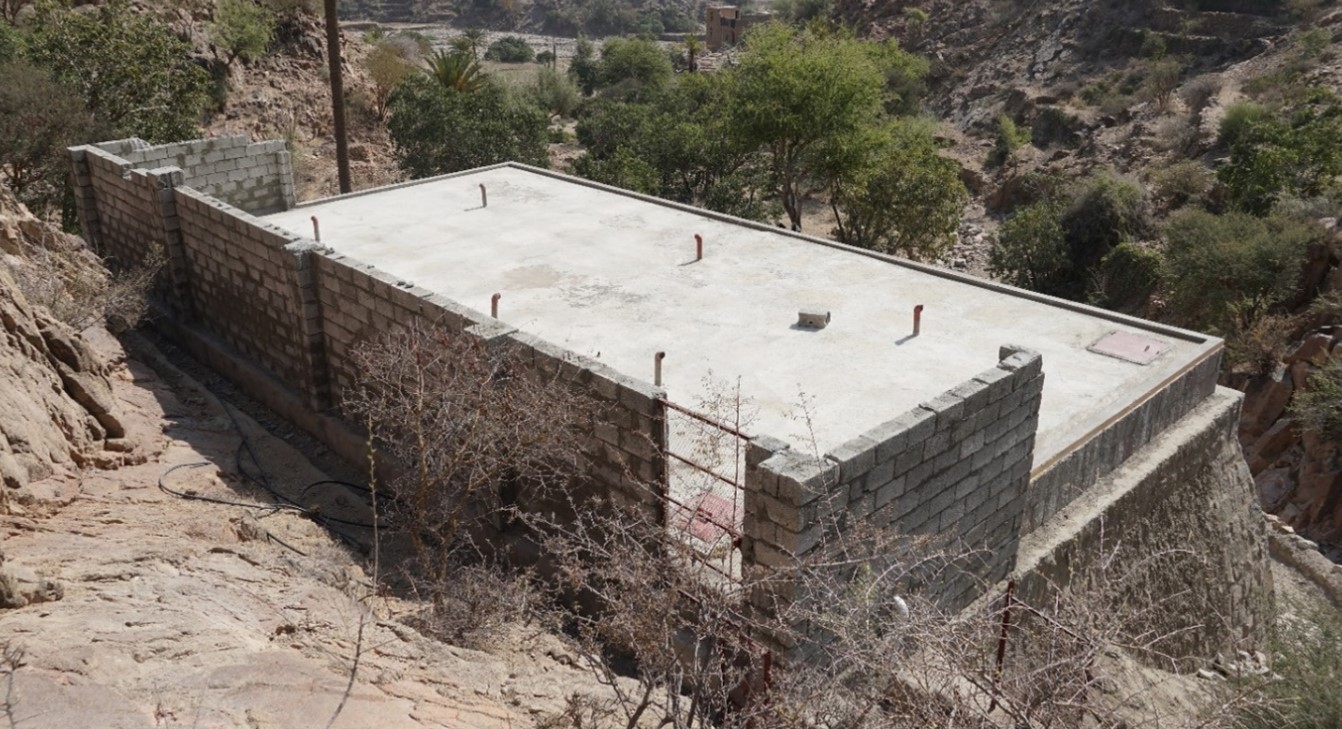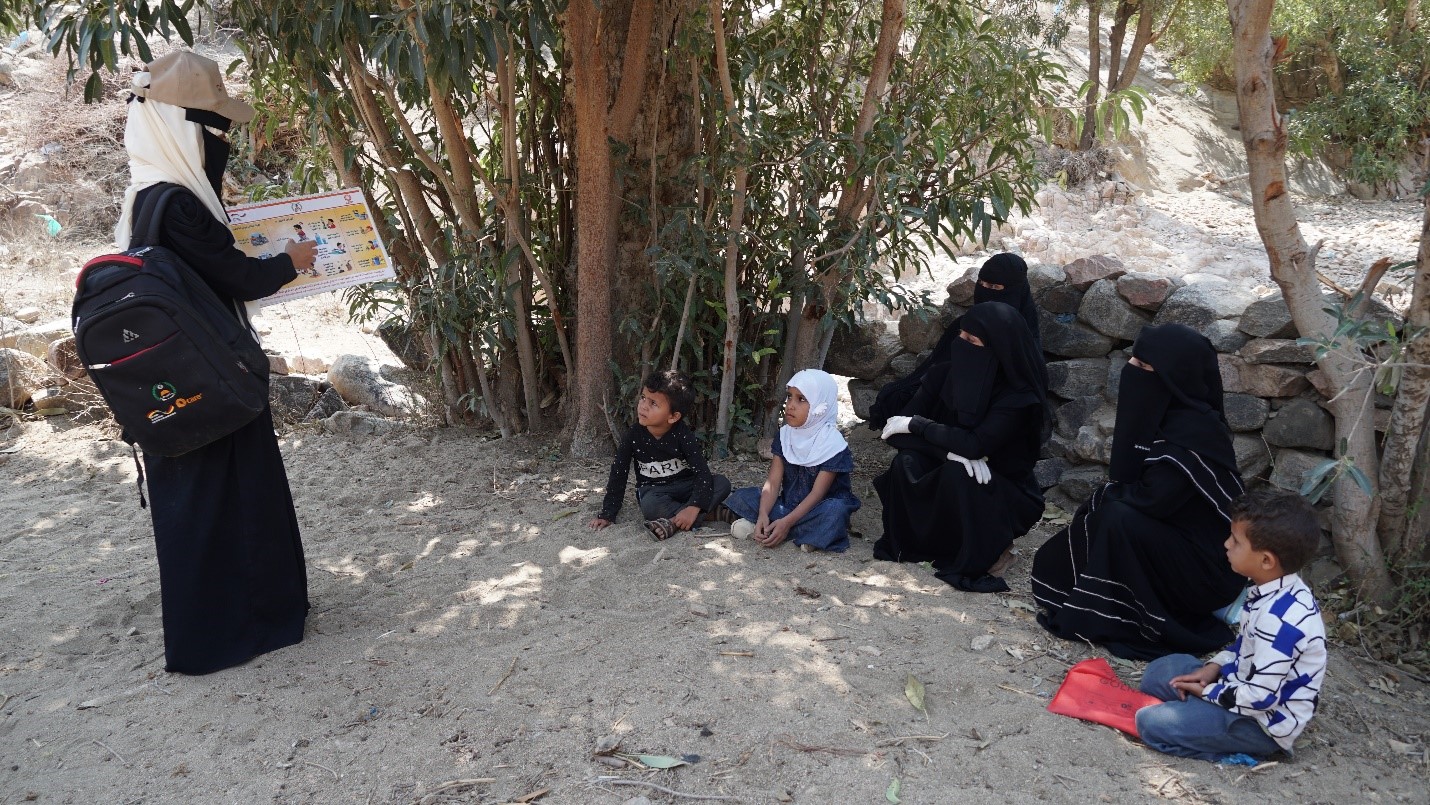Access to safe water is critical for communities’ health and growth. But in rural Yemen, many communities lack access to clean, safe water. Over eight years of conflict and economic recession in Yemen have seriously exacerbated the quality and coverage of water, sanitation, and hygiene (WASH) services. Water systems and services throughout the country have suffered from damage and underdevelopment, resulting in 15.4 million people needing WASH support.
The lack of access to safe water services forces vulnerable households to use unprotected and unsafe water sources. Even reaching these unprotected water sources takes several hours of walking on foot. Distant water sources are often shared with livestock, which further contaminates the water.
Communities of the Al Maqatrah area in Lahj Governorate suffer from water scarcity, with nearly half of the population lacking sustainable access to clean water, negatively affecting their health, livelihoods, and development. Hundreds of families in the area struggle to collect water from unprotected wells, walking more than three hours daily to fetch unclean water. Donkeys that carry water from the wells to the villages often die after a year of harsh water-fetching journeys.
“Residents here buy drinking water from water trucks at high prices, yet many families can’t afford it. Those who can’t buy water send their women and children to fetch water from polluted wells,” says Mariam, a 33-year-old mother of four children from the Al Maqatrah area.
“For me, obtaining water is associated with pain and loss,” adds 49-year-old Nabeel Mohammed, another resident of Al Maqatrah area. “Each time I go to the well, I’m reminded of a tragic incident where a child from my family fell into the well and died while attempting to fetch water. I was devastated because we couldn’t rescue him. Since then, I always pray to God to protect my children when they go to fetch water.”
